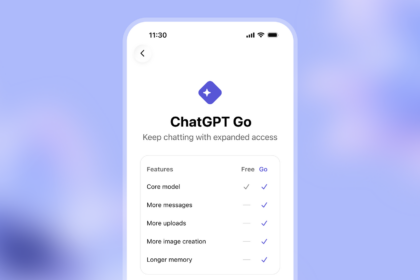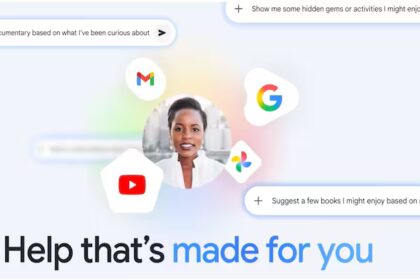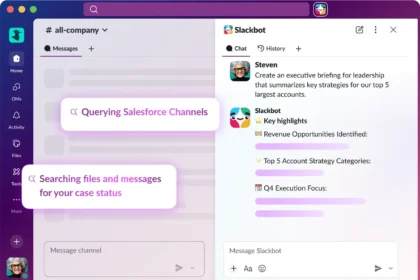Google has officially introduced its AI-powered search experience—a conversational, Q&A-style tool—to users in India. Still in the experimental phase, this new feature is available through Search Labs, where users must opt in to start using it.
Once enrolled, users can ask complex or multi-layered questions in English. For example, someone might type: “My kids are 4 and 7 and have lots of energy. Suggest creative ways to get them active and moving indoors, especially on hot days, without needing a lot of space or expensive toys.” The tool also supports follow-up questions, allowing users to refine results as they explore.
While local language support has not yet been confirmed, Google said it’s something they’re aware of but did not provide a timeline for future rollout.
India is one of the largest internet markets globally, with more than 870 million users, making it a strategic testing ground for Google—especially when it comes to understanding multilingual behavior.
The AI search mode is powered by a custom version of Gemini 2.5, and Google reports that early adopters tend to ask 2-3 times longer queries compared to standard searches. To better suit the Indian market, voice and image-based search are available from the start, acknowledging that voice input is widely used across the country.
The new tool was first tested in the U.S. earlier this year, initially rolled out to premium subscribers, and later made more widely available after Google I/O. Over time, Google has expanded the feature with shopping tools, voice and image search, and even ad integration.
This move comes as users increasingly turn to chat-based AI platforms like ChatGPT and Perplexity for their daily information needs. Google’s AI mode aims to provide a similar experience—within its own ecosystem—to retain and engage these users.
Beyond AI mode, Google continues to push AI Overviews, which offer instant summaries of search results. As of April, more than 1.5 billion people worldwide were using this feature. However, not everyone is thrilled: a recent Wall Street Journal report pointed out that some publishers are seeing a decline in web traffic, suggesting that Google’s AI tools may be diverting clicks away from original sources.
Still, Google appears committed to evolving search into a more conversational and personalized experience—especially in markets like India, where mobile use, language diversity, and voice-first behavior all play major roles in how people access information.










